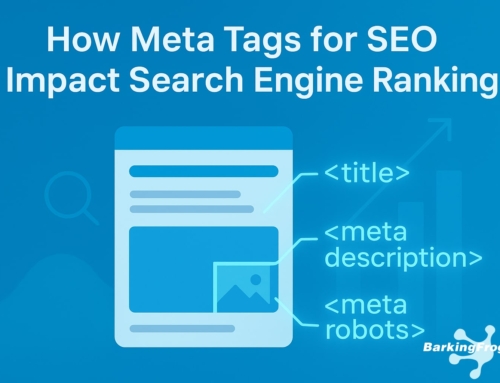In order to be able to grow your business and achieve long-term success, it is critical to increase organic traffic to the website. Organic traffic is so much more powerful than paid traffic since it is affordable and can help to gain the trust of your audience. This guide introduces some actionable strategies to improve organic traffic and, at the same time, to give a boost to your site’s online presence.
What Is Organic Traffic?
Organic traffic refers to the number of visitors that come to your website by clicking through to the non-paid search results of the search engine. When users type their search queries into search engines like Google and Bing and then click the link of your website in the search results, that particular visit is called organic. This type of traffic is very important because it shows that your content is relevant to what users are actively searching for, demonstrating that your site is an authority and highly relevant to the users.
1. Conduct Comprehensive Keyword Research
If you want to increase organic traffic, you need first to determine which keywords are used by your target audience. Use tools like SEMrush or Ahrefs to find the high-volume, low-competition keywords that are related to the niche you are operating in. The focus should be on the long-tail keywords, which are more specific and also less competitive, hence easy to rank in the search results.
2. Make Content to Fit the Search Intent
Understanding your target audience’s search intent and satisfying those intents will have a very significant impact on the performance of your content. Are the users looking for information, making a purchase, or seeking a particular website? Tailor your content so that it suits the needs of the intents as mentioned above and make sure it is not only valuable but also the most suitable solution to the users’ questions.
3. Come Up with Quality and Relevant Content
One of the ways to keep your audience engaged regularly is by providing them with content on which they can rely, keeping in mind that you are an expert in your niche. Write extensively about becoming a resource in your field, explain how to answer the user’s questions with your guide, and make your blog a great place for your audience to get detailed and interesting information. Include the right keywords and make sure the SEO is improved without compromising readability.
4. Implement On-Page SEO Best Practices
Make the most of your site’s visibility by employing these on-page elements:
- Title Tags and Meta Descriptions: An impressive title and informative description incorporating target keywords can positively impact the click-through rate of your page.
- Header Tags (H1, H2, H3): Structure your content using relevant headings to make it more visible and searchable.
- Image Optimization: Using descriptive file names and alt text for images makes them both user-friendly and search engine-friendly.
- Internal Linking: Place links to relevant content within your website to encourage the users and disperse the page’s authority.
5. Enhance Technical SEO
By keeping the website healthy from the technical point of view, search engines not only find it easier to crawl the website, but also your content is more likely to be indexed:
- Site Speed: Optimize loading times to reduce bounce rates and improve user experience.
- Mobile Responsiveness: Ensure your site is accessible and functional on all devices and screen sizes.
- Secure HTTPS Protocol: Privacy will be crucial for your website. Now is the time to enable security and trust in the web world by obtaining SSL certificates.
- XML Sitemaps and Robots.txt: Inform robots about your site’s structure, and they will visit and index your website regularly.
6. Build Quality Backlinks
Getting links from authoritative websites tells search engines that you are trustworthy, and thus, your ranking will be improved:
- Guest Posting: Contribute articles to quality and authoritative blogs in your industry.
- Content Promotion: Distribute your content through social media and other influencers and ask them to share and mention it.
- Broken Link Building: Look for broken links on other sites and suggest your content as a suitable replacement.
7. Leverage Social Media Platforms
Although social media traffic is not organic, still content promotion on platforms like Facebook, Twitter, LinkedIn, etc., can lead to more visibility and organic users visiting your site. Interaction with your audience on these social platforms will lead to more shares, and that indirectly will be proportional to the increase of your organic search rankings.
8. Monitor and Analyze Performance
It is quite essential to continuously assess and analyze the performance of your website to identify the areas of improvement:
- Google Analytics: Track user behavior, traffic sources, and conversion rates.
- Google Search Console: Keep tabs on the status of your site’s indexation, surf for queries that contain your target keywords, and discover site problems.
- SEO Tools: Use tools like SEMrush or Ahrefs to analyze keyword rankings and backlink profiles.
Final Thoughts
Boosting organic traffic requires you to be strategic and consistent in your approach to your website traffic. By understanding your target audience, optimizing your website, and creating valuable content, you can improve your online presence and attract more visitors. These strategies, if used persistently, will be the reason for your organic traffic seeing dramatic growth over time.








Leave A Comment